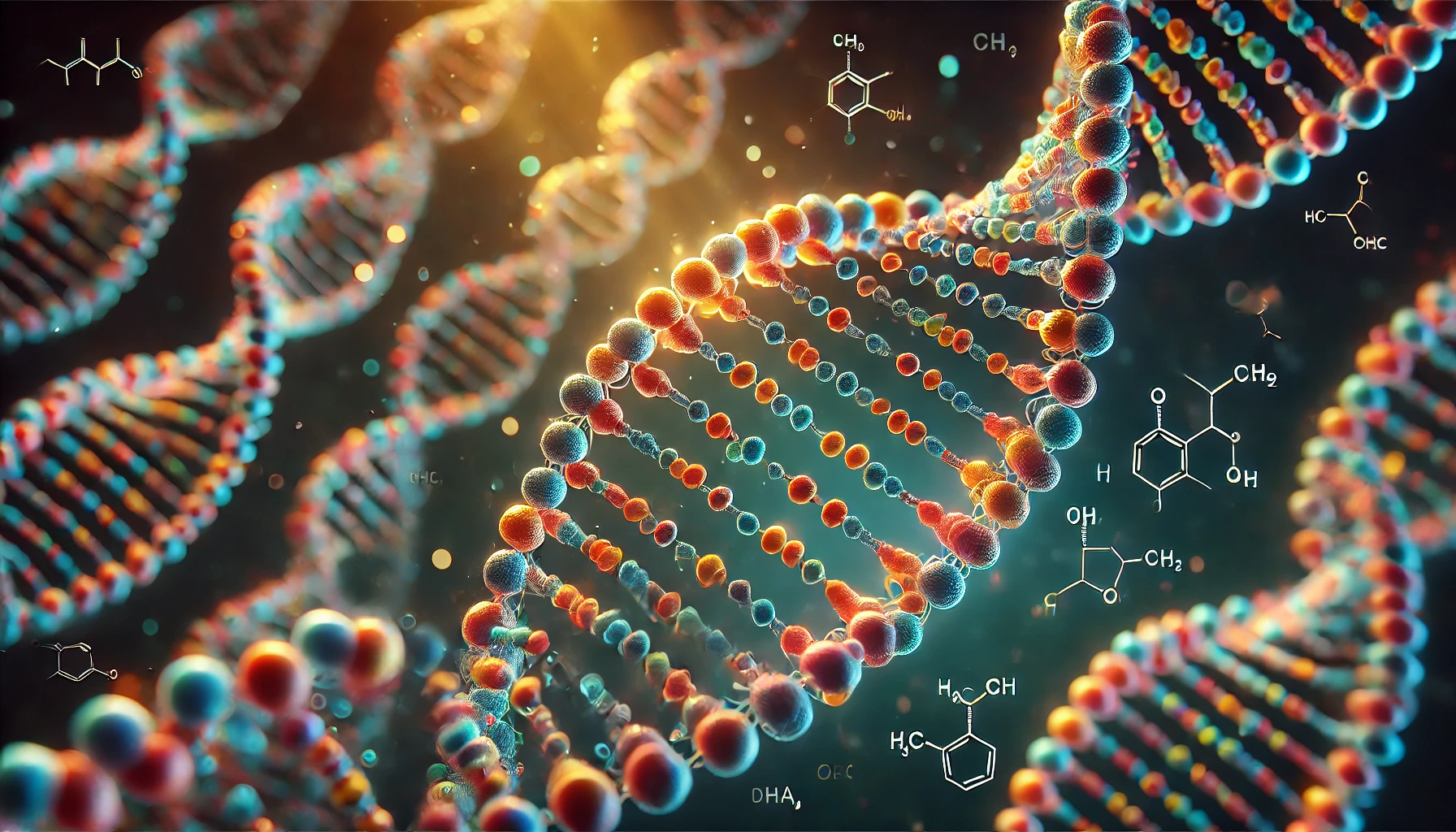Mitsubishi Tanabe Partners with Dewpoint on $480M ALS Program for Innovative Biomolecular Research

Mitsubishi Tanabe Pharma has entered into a significant partnership with Dewpoint Therapeutics, centered on a preclinical amyotrophic lateral sclerosis (ALS) program potentially valued at up to $480 million[1][2]. This collaboration includes an undisclosed upfront payment from Mitsubishi Tanabe, which will also provide milestone and royalty payments, securing them exclusive licensing rights over the program[1]. The focus is on the development of small molecule modulators targeting TAR DNA-binding protein 43 (TDP-43), a protein implicated in ALS, with Mitsubishi Tanabe assuming responsibility for global clinical development and commercialization[1][2]. Despite previous setbacks including ending partnerships with Pfizer and Merck, Dewpoint is optimistic about the potential of this groundbreaking approach in addressing so-called "undruggable" targets, aiming to improve on current ALS biomarkers[1].
References
Explore Further
What are the specific milestones that Mitsubishi Tanabe must achieve to exercise their exclusive licensing options in the ALS program?
How do biomolecular condensates function in modulating the TDP-43 protein and why are they considered innovative in addressing ALS?
What were the key challenges that led to the termination of Dewpoint's previous partnerships with Pfizer and Merck?
What advances or discoveries have been made by Dewpoint in their collaborations with Novo Nordisk and Bayer besides the ALS program?
How might the success of this partnership potentially impact the overall treatment landscape for neurodegenerative diseases like ALS?